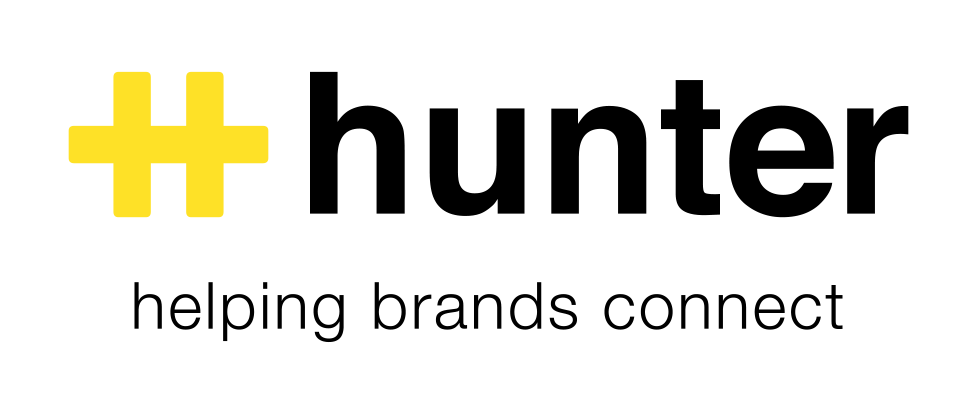Crisis Management in a Pandemic
How some brands are making it work
Some brands are better than others with crisis management and there’s been no bigger crisis in memory than the one we’re currently dealing with. No one could have predicted the sheer scale of the pandemic and there’s certainly no guide book on how best to deal with it. Businesses are having to adjust to the current circumstances and where possible, make things work.
This has forced some brands to be inventive with their marketing and offering, often to huge success. There’s been a real shift in focus to charitable acts from brands which is great news for consumers and looking forward, good for brands too. 73% of consumers say how companies act now will affect their future spending decisions and 76% of consumers expect brand to contribute to their way of life & well-being, so it makes sense that brands are following suit. We take a look at how some big brands and smaller Irish businesses are adapting to the current climate.
Pivoting Business
Business as usual is impossible for most so some brands have pivoted their offering to adapt. Restaurants that were traditionally sit-in only are offering gourmet take-out options and wine delivery services. Fashion brands have begun creating face masks, often donating profits to help those in need and manufacturers have switched to creating hand sanitisers where they can, most high profile of these being Kylie Cosmetics, but closer to home The Handmade Soap company has launched a very successful new hand sanitiser product.
Feel Good Factor
While some businesses have slowed down or come to a halt, it’s been heartwarming to see many businesses using this time to give back where they can. The food and service industries have been decimated, but many have kept operations running to provide to those in those in front-line positions or the vulnerable. Big brands like Kellogg’s and Musgraves are reacting in quick time to donate food and work with local organisations like The GAA to help where they can. Many smaller brands are running donation services where customers can contribute to food deliveries for front-line staff, or dropping donations off at hospitals for staff, like O’Donnells Crisps.
Other brands have completely switched up their business model to stay afloat. Small Irish company Notions Creative were originally focused on designing and building projects for brands to use din campaigns and festivals. As their work all but came to to a halt, they quickly switched tack, designing a portable desk that can easily be assembled for home use. They marketed this under the name WFH Furniture and have seen quick success. As they immediately put customers needs at the heart of their business, they asserted themselves in the market ahead of any competitors.
Where some fashion brands have switched to product shots to showcase their collections online, other brands are becoming innovative when it comes to creating new content. Zara has a huge inventory that is all shot on models, usually in their Spanish headquarters. Styling is a huge incentive to buy for consumers and knowing this, Zara has managed to deliver this content by thinking outside the confines of expensive studio shoots. Zara sent the new pieces straight to the homes of their house models, instructing them to shoot how they see fit. The results were cool shots reflecting the models personal style that fit perfectly within Zara’s brand DNA. This approach keeps business afloat while not moving too far away from their established aesthetic.
Closer to home, Meaghers Pharmacy have remained open, the reality is a lot of vulnerable people will be unable to make it to one of their stores. In response to this, they have launched a nationwide helpline (01-4853098) where customers can call highly trained pharmacists for prescriptions and anything else they may need from the store. The team are available to discuss any queries they might have in relation to their medicines, give advice or signpost them in the correct direction to answer their calls- be that to their GP, the HSE, Alone or any other appropriate organisation. This service is particularly beneficial for older customers who may not be comfortable making online orders.
Eco store The Kind started out as an e-commerce business before dipping their toe into bricks and mortar retail with the opening of The Conscious Christmas Store, a pop up on Dublin’s Fade St. After roaring success, The Kind moved into a more permanent home a few doors up early this year. In line with government guidelines, the store closed in March. But The Kind has an advantage going into this - as they started out as an e-commerce business they have tapped back into this market, along with their new customers garnered from the publicity around their store opening. This has left them in much stronger position than trying to build a new revenue stream. Owner Sheelin has brought followers on the journey, sharing new products online and updating viewers on deliveries, using this time to build brand loyalty and continuing to make sales.
There’s no denying this is an uncertain time for business, but clever brands have shown that being proactive ensures you can survive and thrive despite the obstacles. I.M.F. predicts the global economy to shrink by 3% this year, a downturn not seen since the Great Depression. But after a recession comes growth and if brands adapt now they can ensure their survival.

